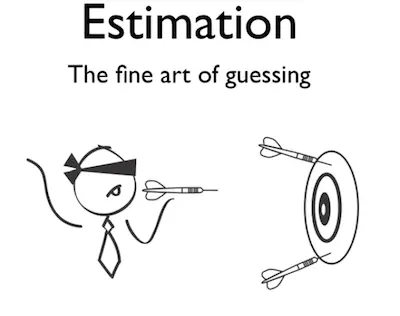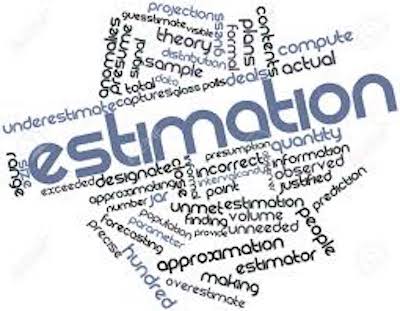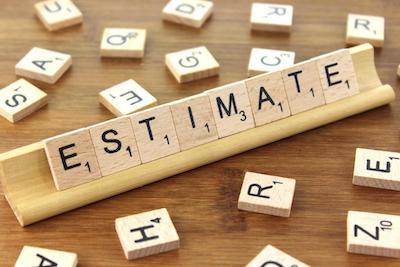There’s no question that estimation is a skill for life. After all, in many different situations of your day-to-day activities, you may find the need to do estimations.
If you look around, you can easily estimate how much your bill will be, the size, angles, and areas of things, and even which item is the best value for money.

Discover everything you need about rounding up and down.
Now that if you think about it, it would be great if you could simply and quickly guess how many boxes on a shelf, how many cars in the street, how many seagulls on the beach, or even how many people are n a room.
It’s important to keep in mind that we’re not talking about real or exact answers here but approximate ones and that are good enough for your life.
Exact Vs. Estimate
When you are in a math class, you always need to find the exact answer. However, in the real life, things can be a bot different. The truth is that if you add a couple of cents here and there, it won’t make much of a difference in the overall result because you usually focus on dollars, not scents.
Check out the rounding and estimation basics.
What is Estimation?

Simply put, estimation is simply the process of finding a number that is close enough to the right answer.
It’s important to always keep in mind that when you are estimating, you aren’t going to get the exact answer as well as the estimation is usually good enough for you, especially when you are in a hurry.
Why You Should Use Estimations?

#1: Many people do estimations in what concerns money. In fact, just a quick estimation can save you money. Let’s take a look at an example.
Imagine that you want to buy 5 different newspapers that cost $1,95 each. So, when you actually go buy them, the seller asks you $12,25. Is this right?
Well, if you think about it for a second, you will realize that five newspapers at $1,95 each is about 5 times 2. Which means that it should be about $10. $12,25 is just too much.
Discover the differences between truncation and rounding.
#2: Many people use estimations to save time. Let’s take a look a an example.
Let’s say that you want to plant a row of flowers and you know that the row is 58,3cm long. Since the plants need to be 6cm apart, how many flowers you need?
If you think about it, 58,3 is nearly 60. So, 60 divided by 6 is 10, so 10 plants should be enough.
Check out the best tips and tricks to round a number in Microsoft Excel.
#3: Many people use estimations to prevent making mistakes with their calculators. Let’s check another example.
Imagine that you are using your calculator to do 107 times 56. You do the calculation and you get 952 as a result. Is this correct?
Well, if you think about it, 107 times 56 is more than 100 times 50 which is 5000. So, this means that you have typed one or both numbers wrong.